- The VISUMAX® 800 makes the laser procedure even easier and safer than before (thanks to robotic assistance).
- The VISUMAX® 800 from ZEISS provides an even more comfortable patient experience.
- The VISUMAX® 800 is part of the latest generation of femtosecond lasers from ZEISS.
- The VISUMAX® 800 reduces laser time compared to its predecessors.
TECHNOLOGY OF THE FUTURE
LASER TECHNOLOGIES
Femtosecond laser, excimer laser, LenSx®, ReLEx smile, iDesign and more
EuroEyes continuously strives to reach the highest standards of refractive surgery by combining innovation, surgical excellence and First Class Service. EuroEyes meets these requirements by pioneering the use of new and better technologies, such as the femtosecond laser, the excimer laser, LenSx, ReLEx smile, Wavefront-guided technology (iDesign) and more. Here you can learn how the equipment works and which treatments they are used for.
TECHNOLOGY AT EUROEYES
The VisuMax ® from Carl Zeiss is a state-of-the-art femtosecond laser, enabling both the flap preparation as well as a minimally invasive laser vision correction with precise lenticule extraction (ReLEx smile)
Time saving: implementation of the treatment procedure in one step with the use of the femtosecond laser (the so-called «All-Femto»-procedure), no change of equipment in the process of the operation will be required
Innovation: The VisuMax femtosecond laser offers the gentle ReLEx smile laser eye treatment as an alternative to traditional Femto-LASIK procedure
More safety: With the VisuMax femtosecond laser, the incision surface of the cornea can be reduced during the laser eye treatment by around 80%
More comfort: During treatment the ultra-modern patient chair continuously monitors the position of the patient and automatically compensates any slight movement
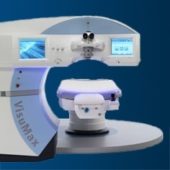
The LenSx® provides highly accurate, minimally invasive surgery on the eye – and thus creates the conditions for a particularly gentle insertion of multifocal lenses.
More safety: With LenSx® the loss of tissue during surgery is reduced by approx. 60 percent, which makes this procedure one of the most gentle of all our procedures.
More precision: With LenSx® significantly improved incisions are possible. This precision is due to the analysis system OCT (Optical Coherence Tomography) that enables a highly accurate computer-based control of the procedure.
More predictability: With LenSx® surgeries practically happen exactly the way the surgeon planned with the OCT prior to the procedure. The result is a perfectly optimal treatment outcome and an effective and permanent elimination of the presbyopia.
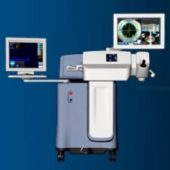
iDesign WaveScan System (Fa. AMO Abbott Medical Optics, USA) – Wavefront measurement for laser treatment of both lower (near-, farsightedness, astigmatism) as well as higher aberrations, in 1,250 points of the entire pupil.
During the only three second long examination, five different eye measurements are made in one single scan sequence – including eye movements and off-centered pupil.
Calculation of the optimal ablation profile with the Wavescan Software for the eeLASIK laser treatment.
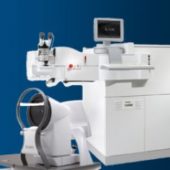
The most modern femtosecond laser for laser eye treatments on the market.
The laser replaces the mechanical microkeratome; during LASIK laser eye treatment, no blade will touch a patient’s eyes again.
Safe and accurate laser eye surgery with even less complications during and after a LASIK laser eye treatment.
Painless laser eye treatment with no risk of damaging the upper corneal layer.
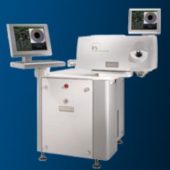
The excellent Excimer laser from the US offers advantages especially accompanied by the wavefront guided laser treatment with LASIK.
Variable laser spot (VSSTm): Tissue and time saving abrasion, thanks to the variable diameter of the laser beam (0.65 mm – 6 mm).
Variable laser frequency (VRRTm): Time saving, due to the laser frequency adaption to the spot size.
Active 3D eye tracking system: Automatic centering of the treatment zone on the center of the pupil, due to iris recognition, and thereby compensating movements and cyclotorsion (rolling of the eye ball).
Even more reduced rate of subsequent treatment after the laser eye surgery with LASIK, due to the most modern wavefront technology.
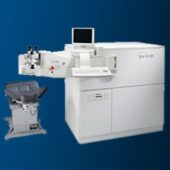
Wavefront measurements of the entire eye for laser treatments, low (short-, and farsightedness, along with astigmatism) as well as high aberrations (distortion aberrations).
Developing a “fingerprint” of the optical system by calculating the wavefront for each point of measurement, based on the Fourier Analysis.
Calculating the optimal ablation with the wavescan software for the wavefront guided LASIK eye laser treatment.
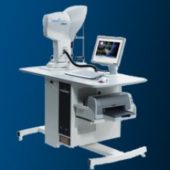
Newest excimer laser with high pulse rate (500 Hz) for LASIK laser eye treatments.
Guarantees a highly accurate and tissue gentle laser treatment.
The integrated 1,050 Hz eye tracker enables an extremely precise positioning of each laser impulse of less than 3 milliseconds during a LASIK laser treatment.
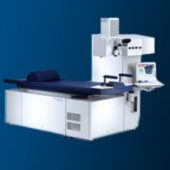
The WaveLight® EX500 Excimer Laser from Alcon is used to correct shortsightedness, farsightedness, astigmatism and also higher aberrations (imaging errors)
It delivers the world’s fastest ablation speed of just 1.4 seconds per diopter
Wavefront Optimized®, wavefront-guided, topography-guided, custom-Q™, optimal, individual centering of the pupil center under different illumination conditions
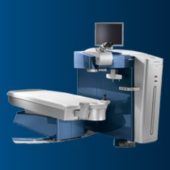
Graphic illustration of the anterior and posterior corneal surface.
Determination of the corneal thickness.
More than 1,000 surface points is measured in less than 6 seconds.
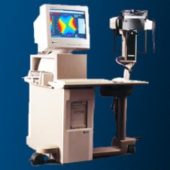
Wavefront meter, enabling the wavefront guided LASIK laser eye treatment.
The Zyoptix 100 system can recognize and measure the individual refractive power.
More than 1,000 points are recognized and a three-dimensional image is created.
Especially patients with night vision problems or with reduced contrast sensitivity profit from this.
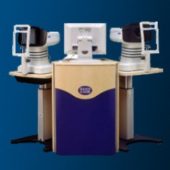
More precise flap thickness (120, 140, or 160 ¬μm).
Both nasal and upward flap hinge is possible. In case of a dry eye, a LASIK nasal hinge is more advantageous.
Constantly thin flaps (tissue gentle, saves corneal tissue).
Right/left switch: rapid switching when moving from one eye to the other.
Smoother cut surface – Better for deep-set eyes and narrow lid fissure.
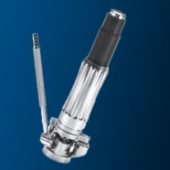
The Procyon Pupillometer measures the pupil size in a dusk situation, in the dark, and in the daylight.
It supports the planning of a LASIK surgery: the ablation zone of the laser should consider the pupil size.
Helps prevent postoperative problems, such as halos, etc.
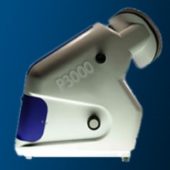
The Pentacam measures the front of the eye with a rotating Scheimpflug camera.
The non-contact measurement lasts a couple of seconds and captures the different levels of the eye in 50 images.
Depth measurement of the anterior chamber of the eye. Determines the corneal thickness and topography; also sectional images through the cornea is presentable.
Additionally, thickness and transparency of the lens can be determined.
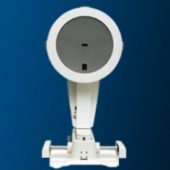







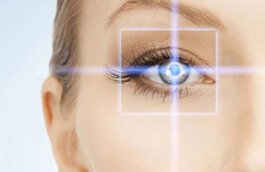

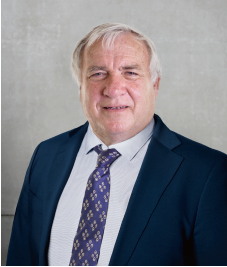

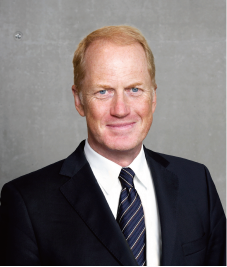

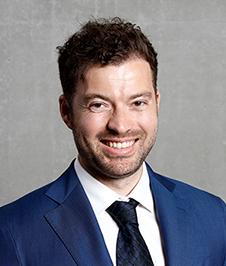
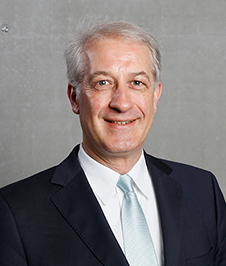
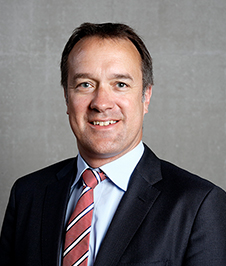
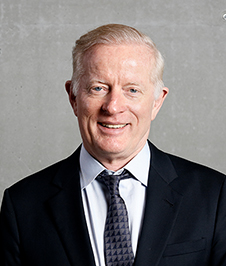


Join our Newsletter